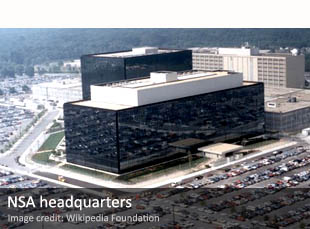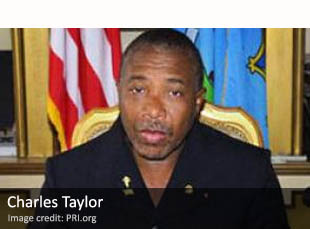Russian dissident sues US government to force release of records on alleged poisoning
October 1, 2020 Leave a comment
 A United States-based Russian opposition activist, who claims he was poisoned twice by the Kremlin, is suing the United States government to force the release of records about his case, but is being met with resistance. The plaintiff is Vladimir Kara-Murza, 38, a senior figure in the Open Russia Foundation, a political pressure group founded by Mikhail Khodorkovsky. Khodorkovsky, an ultra-wealthy Russian businessman living in self-exile in Switzerland, is one of Vladimir Putin’s arch-enemies.
A United States-based Russian opposition activist, who claims he was poisoned twice by the Kremlin, is suing the United States government to force the release of records about his case, but is being met with resistance. The plaintiff is Vladimir Kara-Murza, 38, a senior figure in the Open Russia Foundation, a political pressure group founded by Mikhail Khodorkovsky. Khodorkovsky, an ultra-wealthy Russian businessman living in self-exile in Switzerland, is one of Vladimir Putin’s arch-enemies.
Kara-Murza rose to prominence in 2013, when he became a member of a network of Putin critics who helped organize opposition protests in Moscow and Saint Petersburg. He also co-authored a number of reports accusing the administration of Russian President Vladimir Putin of corruption. For several years now, Kara-Murza, his wife and three children have been living in the United States. But he frequently travels back to Russia to meet with opposition activists and other organizers. During one of those visits in 2015, he was hospitalized with acute respiratory symptoms and was diagnosed with “kidney failure in connection with poisoning”. He claimed that his hospitalization resulted from an assassination attempt against him by people in power who wanted to silence him. He was also hospitalized in 2017 in Moscow with similar symptoms.
Earlier this year Kara-Murza filed a Freedom of Information Act (FOIA) request, seeking access to all documents held by the Federal Bureau of Investigation relating to his alleged poisonings. After six months, the Russian dissident sued the Department of Justice, arguing that the Department was in violation of law by withholding documents about his case. On August 10, the court handling Kara-Murza’s case received a notice from the Department of Justice, stating that 400 pages would be released within a month, and another 1,100 pages would be released by October 15.
The 400 pages released earlier this month show that the FBI monitored Kara-Murza’s case closely, and that it sought the assistance of toxicologists and other experts to determine whether the Russian dissident had been the target of assassination attempts. The documents also show that FBI Director Christopher Wray was personally involved in the investigation and that, according to the Voice of America, the Bureau’s findings “reached the top levels of the White House”.
However, the Department of Justice recently communicated with the court handling Kara-Murza’s lawsuit, to announce that it would be unable to release the remaining 1,100 pages by October 15. Instead, it said it would do so by November 15 instead. Kara-Murza’s lawyer, Stephen Rademaker, said his client will challenge the Department of Justice’s request. The Department of Justice, the White House and the FBI have not issued any statements about Kara-Murza’s case.
► Author: Joseph Fitsanakis | Date: 01 October 2020 | Permalink
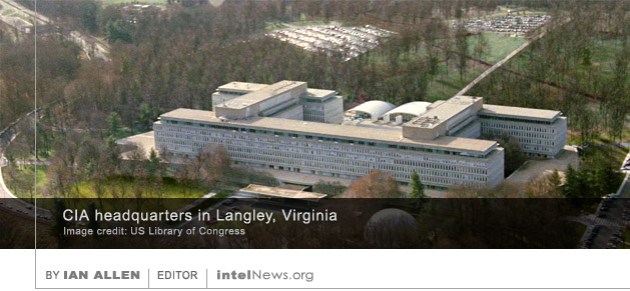 An online fundraising campaign is seeking to secure the release of over 4,000 pages of documents relating to a controversial mind control program developed by the United States Central Intelligence Agency. The project, referred to as MKNAOMI/MKULTRA in US government files, was a joint effort by the CIA and the US Department of Defense to study the effects of substances such as heroin and LSD on the human brain. It began in 1953 and over the years involved the work of hundreds of scientists, many of whom were not aware they were working on a CIA project. But it was hurriedly shut down in 1976, once post-Watergate investigations by the US Congress revealed that it led to the
An online fundraising campaign is seeking to secure the release of over 4,000 pages of documents relating to a controversial mind control program developed by the United States Central Intelligence Agency. The project, referred to as MKNAOMI/MKULTRA in US government files, was a joint effort by the CIA and the US Department of Defense to study the effects of substances such as heroin and LSD on the human brain. It began in 1953 and over the years involved the work of hundreds of scientists, many of whom were not aware they were working on a CIA project. But it was hurriedly shut down in 1976, once post-Watergate investigations by the US Congress revealed that it led to the  A United States federal judge ruled on Monday that a tweet by President Donald Trump did not inadvertently disclose a top-secret program by the Central Intelligence Agency to aid rebel groups in Syria. The lawsuit, brought by The New York Times, centered on news reports published in 2017 by
A United States federal judge ruled on Monday that a tweet by President Donald Trump did not inadvertently disclose a top-secret program by the Central Intelligence Agency to aid rebel groups in Syria. The lawsuit, brought by The New York Times, centered on news reports published in 2017 by 

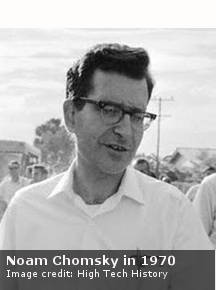
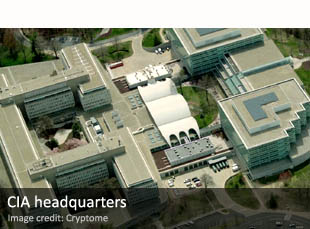

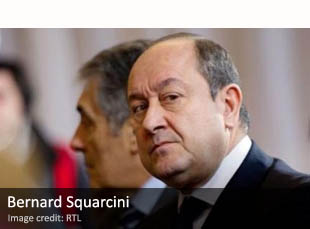
 By JOSEPH FITSANAKIS | intelNews.org |
By JOSEPH FITSANAKIS | intelNews.org |

